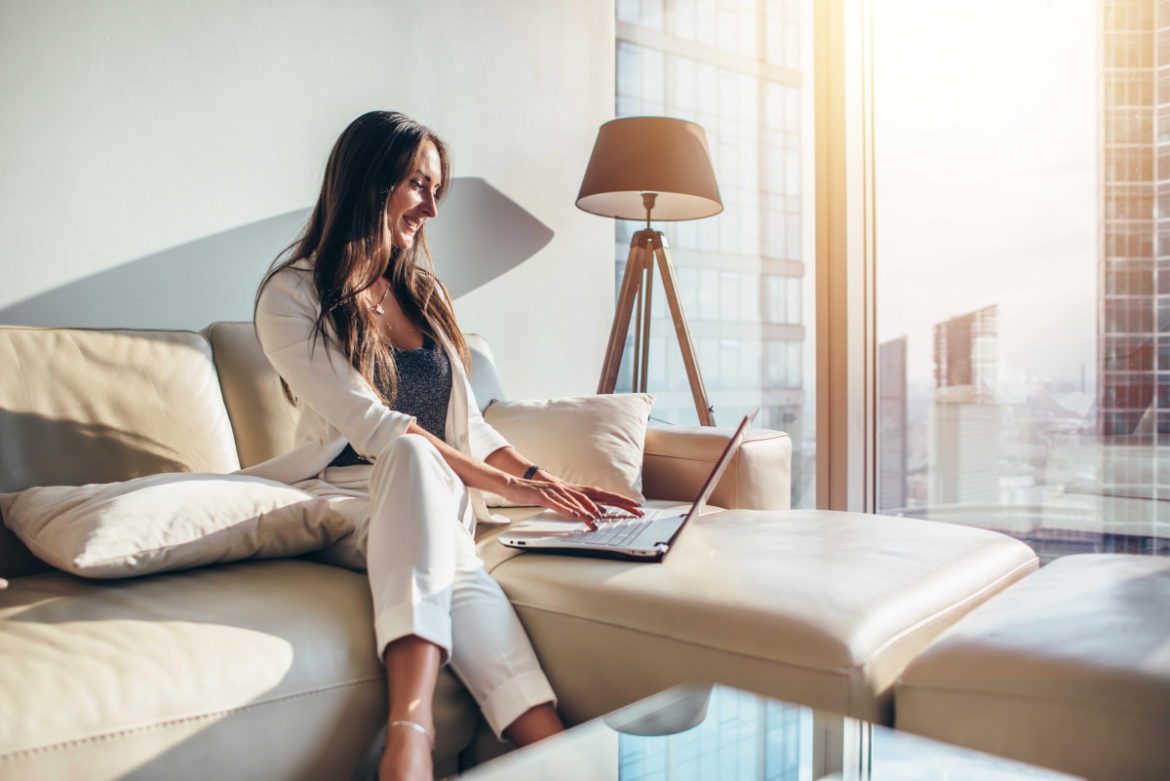The world was turned upside-down by the pandemic. Now that half the U.S. population has been vaccinated with at least one jab, businesses are reopening, children are returning to school, weddings and other family events are back on the calendar, and live entertainment is getting back on track with Broadway expected to finally turn the lights back on this fall. However, returning to normalcy is neither normal nor easy as people begin to return to their pre-pandemic lives and for many, the sense of joy they anticipated post lockdown is dampened by fear. What will the world—my world—look like as we define the “new normal?” And do I really want to return to life the way it was before the pandemic?
Dr. Martin Luther King, Jr., said, “There are some things within our social order to which I am proud to be maladjusted and to which I call upon you to be maladjusted.” Extrapolating his statement begs the question, can we re-adjust to the mental health struggles, the social politics, the rigidity of the modern workday, and how it invariably subordinates the quality of our personal and family life—and do we want to?
Sigal Samuel’s insightful article, “We Shouldn’t Go Back to ‘Normal.’ Normal wasn’t good enough,” presented opinions from four individuals in different circumstances: 9-to-5 office employee, a college student, an individual with disabilities, and a woman who lost her job as a result of the pandemic. Here’s what they had to say:
▪ “I do not want to return to the office,” the 9-5 office employee, a media professional, stated. “It was such a waste of time, money, and energy. Commuting, the small talk, the stupid forced social interactions, the idea that people should pitch in and stay late. Such a cultural scam. I do not want to go back to the way society was before.”
▪ A university student responded to Samuel, “I think people’s increased willingness to intentionally care more for their mental health during the pandemic reveals the problem of just how taboo it is during the ‘normal’ times. We shouldn’t need to cite a global pandemic to take extra time for ourselves and set necessary boundaries at work and school. The idea that everyone is ‘okay’ at all times—and that we should pretend we are if we’re not—has been shattered, and it should stay that way. The pandemic has only more completely exposed the complete worship of work and productivity inherent to the systems around me.”
▪ A physically disabled attorney who is challenged when she had to commute to work before the pandemic and was worked from home during the lockdown said, “If everything goes back to normal, where would that leave people like me who do have disabilities and would like to continue working but may not have that option anymore if work from-home isn’t allowed.”
▪ “I lost my job during the pandemic,” explained an IT specialist at a sports arena who was laid off when sports events were shut down. A Latina woman in a male-dominated business, the pandemic made her realized she worked long hours, at the beck-and-call of her employers than her male counterparts. “During the pandemic, it felt like people realized the importance of community and mutual aid. But when things open back up, I fear we’ll forget that—and it’s every person for themselves again.
Though each of these people have different circumstances, they have arrived at the same issue: how do you set realistic expectations for yourself in a post-pandemic world.
▪ First, identify your circumstance or situation.
▪ Then, as if looking into a mirror, they see how you’re meant to fit into that arrangement.
▪ Ponder how it was before the lockdown, and how things changed during the lockdown.
▪ Single out those things that made your life better and more enjoyable during the lockdown.
▪ Write down a plan that incorporates these things into your post-pandemic life.
▪ Whatever you do, do go forward, not backward. Do not sacrifice what you have learned, and who you have become. Experience, whether good or bad, defines each of us as individuals and can make us a better person. As Ernest Hemingway wrote:
“The world breaks everyone and afterward many are strong at the broken places. But those that will not break it kills. It kills the very good and the very gentle and the very brave impartially. If you are none of these, you can be sure it will kill you too but there will be no special hurry.”

